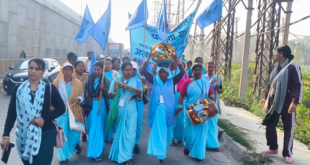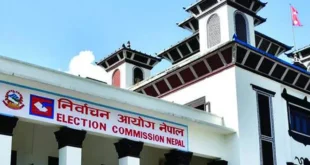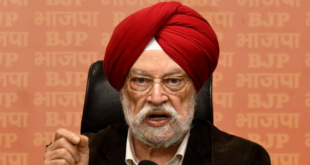Special Desk
Its over an year now that previous administration had quit following Beirut explosion, a new government has finally taken over in Lebanon.
The PM is now Najib Mikati, Lebanon’s richest man, a position he held twice before. His appointment, along with the naming of a new cabinet, ends months of political crisis in the country where 82% of the population lives in multidimensional poverty.
Poverty in Lebanon has increased over the years and now affects over70% population, warns UN Economic and Social Commission for Western Asia (ESCWA). “Multidimensional Poverty in Lebanon: Painful Reality and Uncertain Prospects”, says 82% of the population lives in multidimensional poverty, which takes into account factors other than income, such as access to health, education and public utilities.

The value of the currency has collapsed, unemployment and inflation have soared, electricity, fuel and medicines are in short supply. In an earlier report, ESCWA had stated that between 2019 and 2020, the headcount poverty rate had already jumped from 28% to 55%. The new government has taken over as Lebanon grapples with some of the severest domestic crises it has faced in its history.
Lebanon had been without a proper functioning government since then-PM Hassan Diab resigned days after a massive blast on 4 August 2020 destroyed Beirut port and the surrounding area. The explosion, caused by improperly stored ammonium nitrate, killed 203 people, injured at least 6,000 others and left billions of dollars of damage.
The disaster – coming in the midst of the pandemic – triggered a wave of outrage against the government and Lebanon’s political system. Protesters blamed the blast on corruption, incompetence and a system of patronage where jobs are given in return for political support.
The event compounded growing anger which had been building since the start of the financial crisis in late 2019. The advent of a new cabinet, expected to comprise technocrats approved by rival parties, is likely to pave the way for talks with the International Monetary Fund on a rescue package.
 Jubilee Post News & Views
Jubilee Post News & Views





